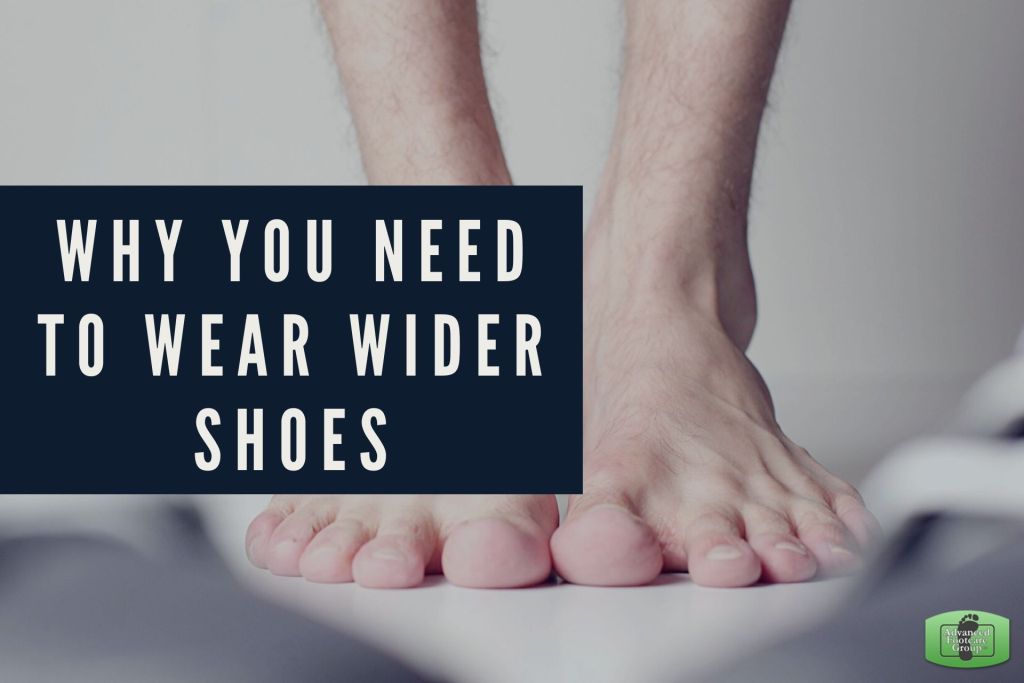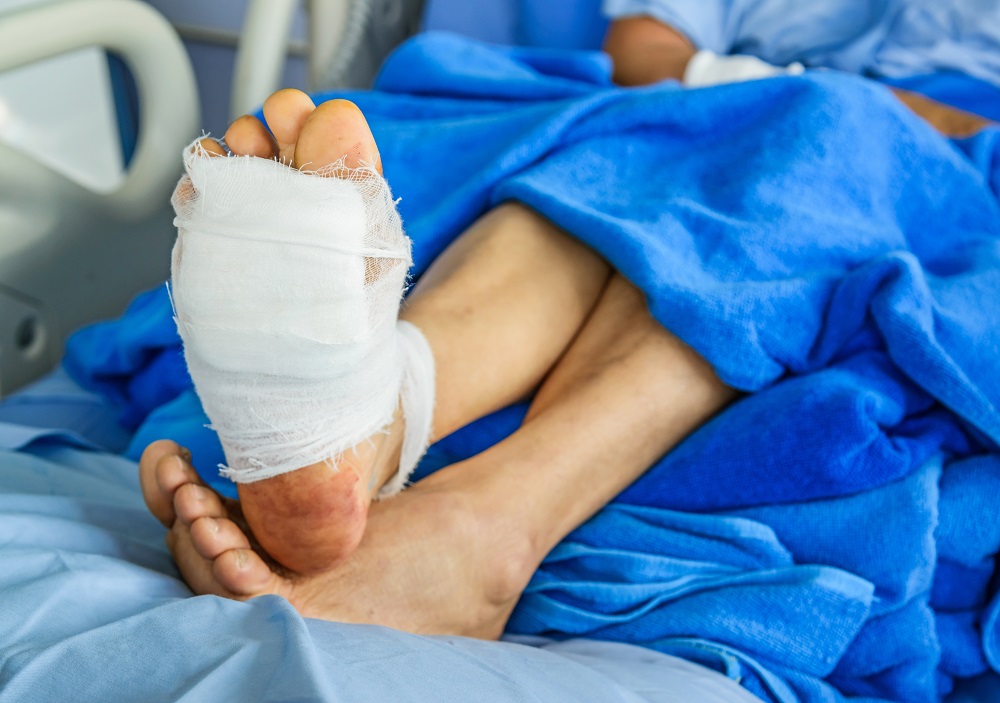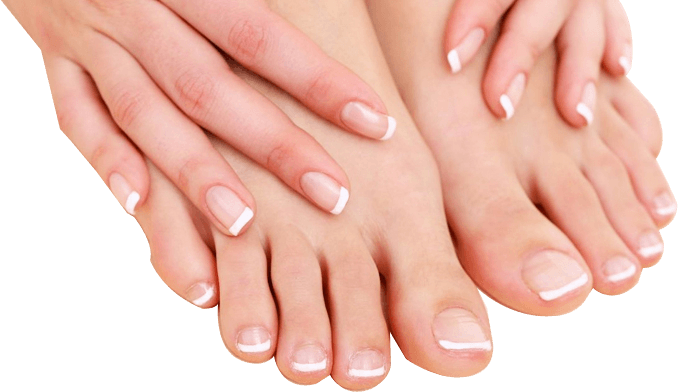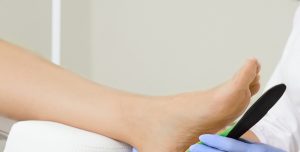Whether or not you need a wider pair of shoes is a big question which you face while trying to purchase footwear. With a wide range of designs available in footwear, it becomes difficult to settle for an option. However, wider shoes are in vogue for decades, because a lot of men and women are not comfortable wearing those with pointed ends. Also, it is a fact that pointed shoes are not the right choice for those who face heel pain. Though, style and appeal are two determinants for choosing footwear it is, however, important to consider the comfort level offered by the product. Shoes that fit properly are good for your feet. Some of you wonder why each and every podiatrist in Surrey recommends shoes with wider width.
Here are the 2 major reasons why wider shoes are chosen over pointed shoes
Neuropathy: Neuropathy may be considered a chief reason why you may have been prescribed wider shoes. People who suffer from neuropathy lack a sense of feeling in the lower limbs mainly the feet. Under most circumstances, these patients don’t even feel a wound or blisters on their feet. Neuropathy is a disorder which may not let a person feel the pain even when his shoes are hurting or rubbing against the skin. Regular friction at a particular part of the foot can further lead to infectious wounds, which neuropathy sufferers don’t recognise until it becomes too late. Wide shoes, on the other hand, are comfortable as they offer more room for the feet to stay relaxed.
Bunions: There is yet another reason why you may need a pair of wide shoes. Bunions are likely to arise among women as well as men who have a habit of wearing pointed shoes or those with high heels. Slipping into these shoes lead to misalignment of the bones and joints, as a result of which the big toe inclines towards the adjacent toes. This leads to a protrusion. The deviation in the placement of the toes causes inflammation of the joint, as a result of which it gets enlarged, thickened and displaced. Bunions get larger if a person continues to wear misfit shoes even after he has been diagnosed with it. If you have been facing too much of pain due to bunions, it is advisable that you visit a podiatrist in Dorking.
Wider shoes are known to provide comfort, support and stability. A podiatrist in Surrey will recommend his patients to wear comfortable footwear which will offer adequate support.











